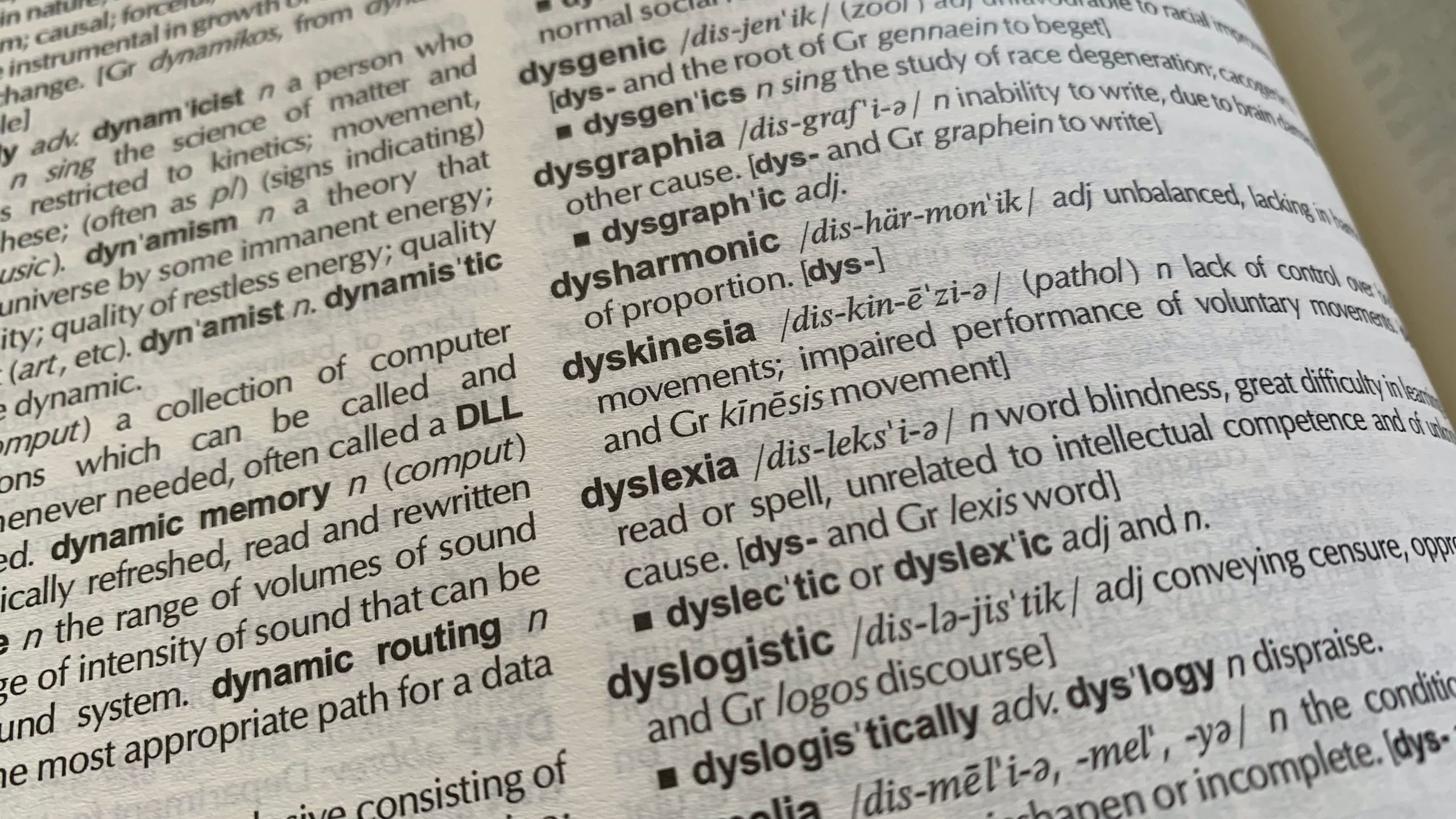In the case of Mr C B-N v Lloyds Banking Group PLC an employment tribunal had upheld claims of disability discrimination and unfair dismissal brought by a dyslexic employee who had been summarily dismissed for using the ‘N-word’ (in full) in a race awareness training session; his disability had impacted on the way he had phrased a legitimate question, for which he had immediately apologised. The tribunal have recently awarded the employee (BN) over £470K in compensation.
The tribunal’s decision to make such a large award was heavily influenced by its finding that, because BN is currently aged 59 and suffering from poor mental health (caused by his discriminatory unfair dismissal), it is highly unlikely he will be able to work full-time for several years and by then, when he is a few years closer to retirement, BN will be very unlikely to secure a job as highly paid as the one he was dismissed from.
The award also included £23,000 compensation for personal injury (because BN has suffered severe anxiety and depression because of his dismissal) and £15,000 for injury to feelings.
In addition, the tribunal awarded £3,000 for aggravated damages, due to a statement the employer had prepared (which was designed to resist BN’s reinstatement) which the tribunal held was ‘high-handed’, distorted the tribunal’s liability decision and ‘rubbed salt in [BN’s] wound’.
The tribunal also exercised its power to make the following recommendations to the employer:
- To circulate its liability judgment to its UK Board and named staff, asking them to read and digest it;
- Placing a note in BN’s personnel records confirming a tribunal found his dismissal to be unfair and an act of disability discrimination;
- To inform its regulator (in writing) that a tribunal held BN’s dismissal to be both unfair and discriminatory;
- That it should provide BN with the wording of a neutral reference which it will provide on request to any future employer, including specified information.
Source: Lexology
This provides summary information and comment on the subject areas covered. Where employment tribunal and appellate court cases are reported, the information does not set out all of the facts, the legal arguments presented and the judgments made in every aspect of the case. Employment law is subject to constant change either by statute or by interpretation by the courts. While every care has been taken in compiling this information, we cannot be held responsible for any errors or omissions. Specialist legal advice must be taken on any legal issues that may arise before embarking upon any formal course of action.









